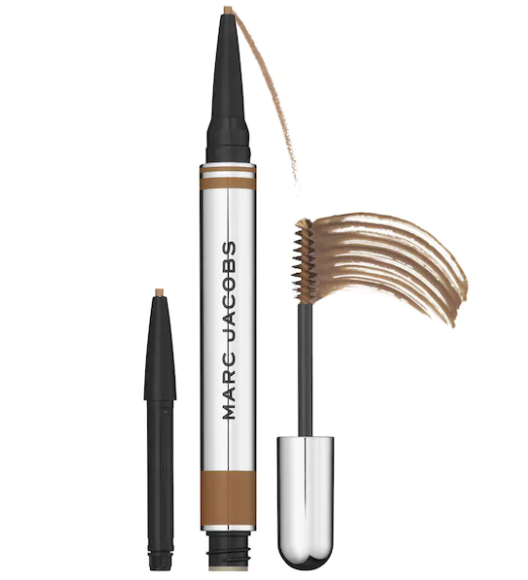In recent years, research underscoring the integral relationship between our gut microbiota and our overall health has increased profoundly. If you’ve ever been prescribed oral antibiotics by your doctor, you’ve probably been told at some point to make sure to either consume plenty of yogurt and fermented foods or to take a probiotic supplement in order to avoid developing a yeast infection during the course of the treatment. The reason antibiotics are often the culprit of yeast infections is that rather than targeting the specific strain of bacteria (say, e-coli) that’s responsible for causing your infection, they wipe out all of our bacteria (both bad and good). An unbalanced gut ecosystem devoid of the “good bacteria” can actually lead to a slew of different ailments including leaky gut syndrome, IBS, unexplained weight gain, acne, hormonal imbalances, and fatigue. Poor gut health, (gut dysbiosis) can even interfere with the production and secretion of certain neurotransmitters in the brain, which can affect mood and energy levels.
Investing a daily probiotic supplement can really benefit anyone, but they’re especially valuable for women. A healthy gut offers a laundry list of different health benefits, including promoting regularity (and helping to reduce occasional bouts of constipation), alleviating frequent bloating and indigestion, strengthening our immune systems, and keeping yeast and bacteria levels in the vaginal flora balanced. When the pH and bacteria balance in the vagina is compromised, this leads to an increased risk for developing yeast infections, bacterial vaginosis (BV), and trichomoniasis.
There are a number of different probiotic-based supplements on the market, but unlike looking for a multivitamin or even decent adaptogenic supplements, shopping for a solid probiotic can be especially confusing. I mean, what the heck is a CFU and what do all of these alleged different strains of impossible-to-pronounce configurations of words and hyphens even mean? Without delving too deep into the clinical research landscape, we’ve highlighted a few cheat-sheet-style tenets to look for.
It’s generally recommended for women to look for a supplement that contains at least 20-50 billion CFUs (colony forming units). The strain is also an important consideration, as certain forms have been shown to benefit different concerns. Generally speaking, for women looking to maintain balanced vaginal flora, lactobacillus rhamnosus GR-1, lactobacillus reuteri RC-14 are the most well-researched for their association with offering defense against vaginal infections. For digestive concerns including constipation and bloating, L. acidophilus, L. reuteri, L. plantarum, L. rhamnosus and B. animalis have all been shown to improve these GI issues.
And, as if these basic considerations weren’t confusing enough, there’s also a wide array of women-specific formulations that contain additional ingredients to further promote overall feminine health. Some of these supplements contain clinically backed ingredients linked with offering defense against painful UTI’s and bladder infections like D-manose and cranberry extracts, while other forms contain prebiotics, a type of fiber that feeds nutrients to the good gut bacteria in our colon and digestive tract to keep our systems functioning at their best. Here are some of the best shelf-stable and advanced probiotic supplements for women.
Our mission at STYLECASTER is to bring style to the people, and we only feature products we think you’ll love as much as we do. Please note that if you purchase something by clicking on a link within this story, we may receive a small commission of the sale and the retailer may receive certain auditable data for accounting purposes.




